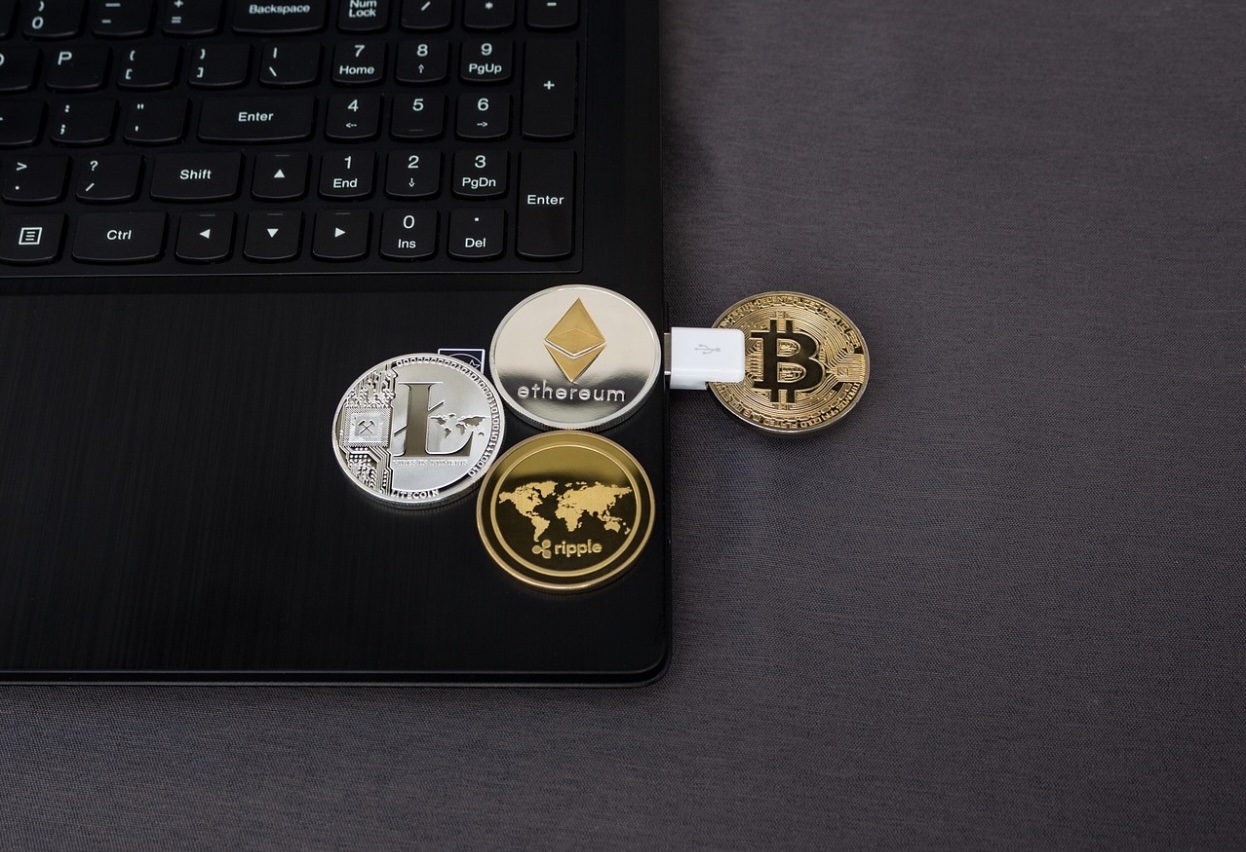Oct 14 (News On Japan) - Japanese mobile payment industry leader PayPay has purchased a 40 percent stake in the Japanese division of the largest cryptocurrency exchange in the world, Binance.

The cryptocurrency and digital payment industries in Japan are regarded as having a significant breakthrough, with the news covered by various international sources.
The acquisition is approximately two years following the time Binance formed Binance Japan to meet the Financial Services Agency (FSA) regulatory mandate. PayPay is a mobile payment company that is controlled by more than 50 percent of the Japanese mobile payment market, originally established by Softbank and Yahoo Japan (Z Holdings). This is the first meaningful direct relationship between PayPay and the cryptocurrency industry, which has attracted attention from the industry.
As Japan’s premier fintech company enters the crypto industry, projects like bitcoinhyper.com, a Layer 2 solution enhancing Bitcoin’s scalability and speed, are also gaining attention. This is the project that aims to overcome the constraints of the Bitcoin network and consider connecting it to the Japanese payment system and the entire digital asset ecosystem. Such technological advances are in line with the orientation of PayPay and Binance's work, which indicates the transition of the Japanese fintech firms to blockchain-based finance.
Under these circumstances, the acquisition of a stake in Binance Japan by PayPay is not only seen as an investment, but as a strategy of gaining a leading role in the further digital payment ecosystem. As the Japanese inflation and depreciation of the yen undermine the buying capacity of consumers and raise the cost of living, the need to have efficient and low-cost payment systems is on the increase, further promoting the economic relevance of the decision made by PayPay.
Reports have it that PayPay invested a minority stake (40%) through Binance Japan without actively managing it, but intends to develop a working model to connect its payment system with cryptocurrency trading infrastructure. In particular, PayPay is considering how users can deposit and withdraw PayPay Money on the Binance Japan platform directly or even use it as a payment method in cryptocurrency trading. This will likely blur the distinction between fiat currency and cryptocurrencies in Japan.
PayPay claimed, the future of digital payments is the integration with blockchain. Our vision is to offer users stable and regulation-compliant experiences with new digital assets. Binance underlined that PayPay has a large number of users and a financial network in Japan, which are the major steps to the spread of the real-life usage of cryptocurrencies.
At present, PayPay boasts a user base of more than 70 million registered users with an extensive presence in almost every offline payment terminal in Japan, including transportation, restaurants, and convenience stores. In this regard, a partnership with Binance is likely to assist cryptocurrencies in the transition from purely an investment asset to a practical means of payment.
Experts view this acquisition as a signal of the dawn of a “digital money integration era” in Japan. Traditionally, fiat-based digital payment services and cryptocurrency markets have operated separately. With PayPal partnering with Binance, the possibility is increasing for bank accounts, e-wallets, and crypto wallets to coexist in a unified digital financial ecosystem.
Moreover, this move aligns with Japan’s Web3 Innovation Strategy, positioning PayPay’s actions within the national digital transformation agenda. The Ministry of Economy, Trade, and Industry (METI) recently released guidelines for integrating digital assets and payment infrastructure, encouraging innovative financial experiments by private companies. This acquisition is viewed as being in line with that policy direction.
For Binance, the deal is strategically significant. Japan is highly regulated yet has one of Asia’s most established legal crypto markets. Since 2016, it has enforced exchange registration, AML, and KYC rules, and in September 2025, amended FIEA to recognize cryptocurrencies as financial products. Facing regulatory challenges elsewhere, Binance uses this PayPay partnership to restore trust in Japan and strengthen its position as a legitimate digital asset platform.
The acquisition may also enable PayPay to expand beyond cryptocurrency into blockchain-based remittances, NFT payments, and integrated digital points services. With Japanese consumers already accustomed to digital payments, such features could dramatically increase platform usage.
Ultimately, PayPay’s stake acquisition represents more than a financial investment. It symbolizes Japan’s transformation of traditional payment infrastructure into a new experimental financial landscape, combining blockchain technology. Should cryptocurrency payments take off in the Japanese real economy, the move could have a profound global impact on the fintech industry. The PayPay-Binance partnership marks Japan’s first concrete step toward leading the “digital money revolution.”















